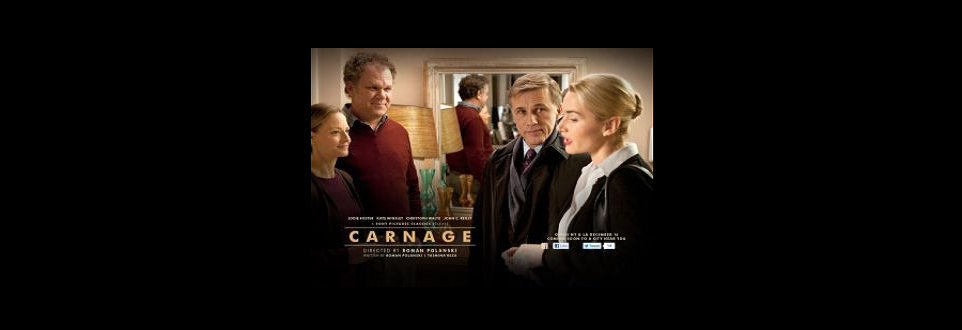Collaborating for a third time were star Humphrey Bogart and writer/director John Huston in this 1948 classic. They would go on to make a total of six movies together including The Maltese Falcon and The African Queen and all I can say to that is – like eggs and bacon, some partnerships were just meant to be!
Some films thrill us with their stunning visuals and intricate plots that weave and wend through a patchwork of location changes and character allegiances; some make us laugh from witty dialogue or weep from a deep emotional connection but then others simply lay bare, in all its divine glory or unholy horror, the spirit of humankind.
The Treasure of the Sierra Madre has one of the seven deadly sins at its core but in spite of its heavy theme, it remains surprisingly entertaining. That’s what a great writer can achieve and Huston was rewarded with the Oscar for Best Adapted Screenplay for his troubles. He also took home the Award for Best Director and just to keep things in the family, his father (Walter Huston) took home the statue for Best Supporting Actor.
In 1920s Mexico, American drifter Fred C. Dobbs (Humphrey Bogart) and fellow vagrant Bob Curtin (Tim Holt), find themselves begging for food in the small town of Tampico because they’ve been cheated out of several days wages by an unscrupulous contractor. In a frowsy boarding house, they meet grizzly old-timer Howard (Walter Huston) who captivates them with his tales of gold prospecting and it doesn’t take long before their heads are filled with dreams of striking it rich in the Sierra Madre mountains. After Dobbs and Curtin allow their fists to persuade the swindling contractor to cough up what he owes them, they purchase prospecting equipment and together with Howard, they head up into the hills in search of their fortune.
Howard, the old-timer has been on this fortune trail before and is all too aware of the perils they face. He explains about the bandits and the inhospitable elements and he also warns about the danger they present to each other. “I know what gold does to men’s souls”, he says. It’s clear from the outset, when Dobbs promises that everything will work out dandy and that any gold they find will be split three ways, that Howard is the least convinced of the three.
With Howard’s knowledge of the mountain together with his mining know-how, they begin to extract their gold. The work is filthy and hard but their labours continue and the gold piles up. Greed soon comes into camp though and Dobbs becomes increasingly distrustful of his partners to the point of being terrified they will kill him. Sleep becomes something all three attempt to avoid in order to stay alive but then a fourth American, James Cody appears on the scene thereby setting up a moral debate regarding the sharing out of the gold. Paranoia increases, bandits turn up, guns are fired and the ending is a bitter irony and a lesson to be learned.
This film is a far cry from the cool sophistication of Bogart’s earlier Huston-directed efforts and in this he’s about as charming as a scorpion in your lunchbox but all in all, it’s a cracker of a movie. Walter Huston takes the honour of finest performance though and indeed, it was rumoured that he was asked by the director (his son) to tone down his performance so as not to steal the movie from Bogart. It is noted for being one of the first Hollywood films to be shot almost entirely on location outside the U.S and is quite faithful to B. Traven’s novel of the same name on which it is based.
If you haven’t seen it yet, lucky you. Go rent it or better still, buy it because you’ll want to see it more than once for sure. It’s a title that appears in numerous top 100 polls, it includes an iconic quote about “stinking badges” and best of all, it’s devoid of any visual flab so common in mediocre moviemaking. It’s bare boned, gritty and powerful; cinematic storytelling at its very best.


